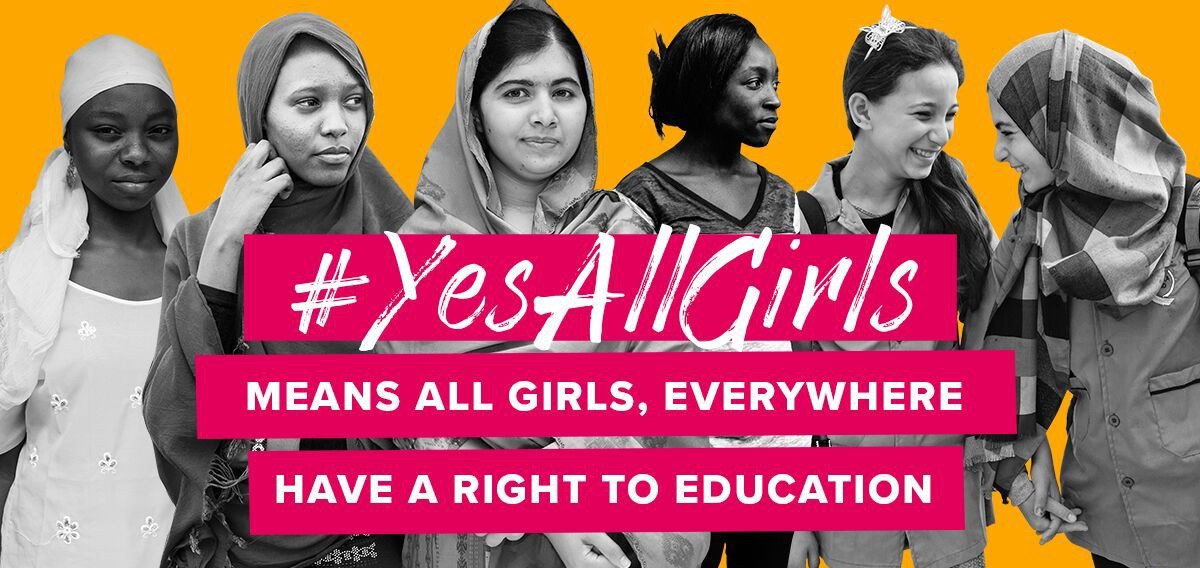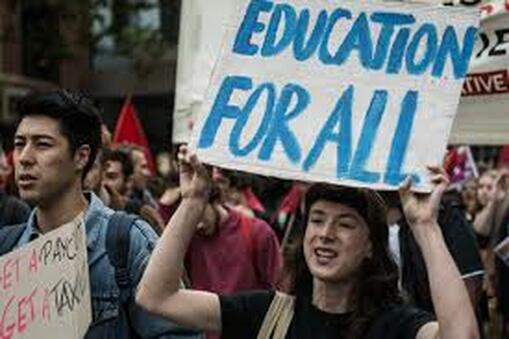© Global Education Derby 2020. All rights reserved. The In Others' Shoes resources are copyright but may be reproduced by any method without fee for teaching purposes.
For copyright in any other circumstances, for re-use in other publications or for translation or adaptation, written permission must be obtained from Global Education Derby: http://www.globaleducationderby.org.uk/contact.html
Global Education Derby is a Registered Charity No. 1049591 and a Company Limited by Guarantee registered in England & Wales No. 2642026.
For copyright in any other circumstances, for re-use in other publications or for translation or adaptation, written permission must be obtained from Global Education Derby: http://www.globaleducationderby.org.uk/contact.html
Global Education Derby is a Registered Charity No. 1049591 and a Company Limited by Guarantee registered in England & Wales No. 2642026.
|
Emma's Story
|
| ||||||
Title of Lesson |
Time Required |
Age Range |
Resources required |
Emma's Story |
60 - 80 minutes |
14 - 18 |
Lesson Objective |
Knowledge and Understanding (Global Theme covered) |
Global Skills covered |
Global Values and Attitudes covered |
To understand the value of education and it's role in supporting human rights in different contexts |
Human Rights |
Empathy Self awareness and reflection |
Commitment to social justice and equity Respect for people and human rights |
-
Introduction
-
Main Activity
-
Plenary
-
What were the Outcomes?
<
>
This activity took the focus away from Europe to look at how displaced people's often stay close to their home, rather than moving to a new region or continent. It uses education as a focal point to compare experiences with a young person from Sierra Leone.
It is another activity that links well with Sustainable Development Goals, especially Goal 4 Quality Education.
The pupils were divided into six groups and they were asked these questions as warm up:
They were asked to think why education is important. Each group gives their feedback and key ideas recorded for whole class reference on the board.
It is another activity that links well with Sustainable Development Goals, especially Goal 4 Quality Education.
The pupils were divided into six groups and they were asked these questions as warm up:
- Can you remember the first day at school?
- How did you feel?
- How do you feel now?
- What do you like best about the school?
- What would you change?
They were asked to think why education is important. Each group gives their feedback and key ideas recorded for whole class reference on the board.
1. In pairs, students were asked to agree on and write down 3 reasons why going to school is important. Each group was then asked to discuss the reasons generated by each pair. Groups were asked to prioritise the statements in terms of most important (at the top) and least important (at the bottom) and then feedback their most and least important reasons to go to school. These responses were captured as bullet points and similarities and differences between group ideas were identified.
2. One copy of “Emma’s Story” was handed out to each group. And the following questions were written on the board while they were reading the story:
3. Each group gave feedback to the whole class and their responses were copied on the board too.
After finishing, they compared their initial suggestions with those generated after reading the story to identify similarities and differences again.
2. One copy of “Emma’s Story” was handed out to each group. And the following questions were written on the board while they were reading the story:
- Why is education important to Emma?
- What difference did it make to her life?
3. Each group gave feedback to the whole class and their responses were copied on the board too.
After finishing, they compared their initial suggestions with those generated after reading the story to identify similarities and differences again.
Students were expected to contrast their own perceptions of the role of education in their lives with the values shared in “Emma’s Story”.
Did their opinion on education change when viewed from a different perspective?
Had they overlooked any benefits of education, when looking from their experience only?
Did their opinion on education change when viewed from a different perspective?
Had they overlooked any benefits of education, when looking from their experience only?
The activity helped the students understand the situation for many children in different African countries, especially in relation to poverty. It raised the awareness of the importance of education in our own lives and as a means of overcoming discrimination and poverty in Turkey and in Africa.
Extension Work: Research personal stories of other refugees from African nations. What values and qualities do their stories exhibit? How do they link with our values and attitudes?
Examples to share:
How A refugee became a Super Model https://youtu.be/TmrwCNpES4s
Yusra Mardini is a Syrian swimmer who competed in the Olympic Games in Rio de Janeiro. This is her incredible story. https://youtu.be/2KfHDYjUgiM
Lesson submitted by Berrin Isil Ozer, Turkey (adapted from an activity published in The Global Teacher, by Leeds DEC - 2013)






